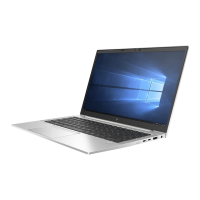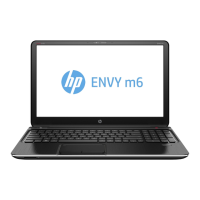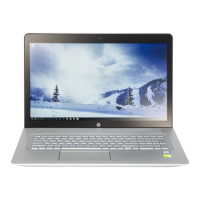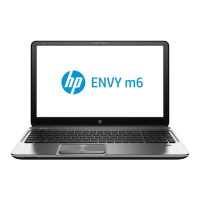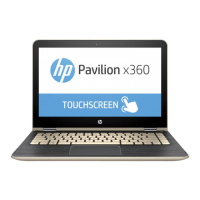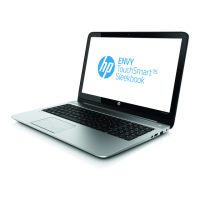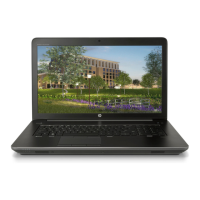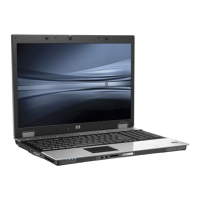11 Restoring the ash image
System requirements
To create a recovery device for the purpose of reashing or restoring the software image on the ROM, you will
need the following:
●
A personal computer running Microsoft Windows 7.
●
One or more HP mt42 Mobile Thin Clients.
●
USB ash device in the following size:
◦
Microsoft Windows Embedded Standard 7 (WES 7) (if using the USB format): 8 GB
◦
Linux: 8 GB
◦
Windows 10 IoT (if using the USB format): 16 GB
This restore method will not work with all USB ash devices. USB ash devices with multiple partitions
generally do not support this restore method. The range of USB ash devices available on the market is
constantly changing. Not all USB ash devices have been tested with the HP Thin Client Imaging Tool.
Before using the utility, you must download the appropriate image from http://www.hp.com.
Getting started
There are two deployment options supported by this utility. You can choose to do one or more of the
following using your personal computer:
●
Create a bootable ash image on a USB ash device.
●
Unbundle the image to a directory for use in a custom deployment scenario or PXE image.
Download and run the Package-for-the-Web deliverable (an .exe le) that contains the original factory image
for the computer. The HP Thin Client Imaging Tool (CRStart.exe) runs automatically.
Choose the USB deployment option.
During the restore process, the computer ash drive will be reformatted and all data on it will be erased
before the system image is copied to it. To prevent loss of data, be sure that you have saved any user-
created data from the ash drive. During the rst restart of the computer following the restore process,
it may take approximately 15 minutes to unbundle the software before the Windows Desktop is
displayed.
Formatting a USB ash drive
CAUTION: To prevent loss of data, be sure that you have saved any user-created data from the USB drive to
another drive.
1. Connect your USB ash device (drive key) to your personal computer. Ensure that only one USB ash
device is connected to the system.
2. Click USB Format.
68 Chapter 11 Restoring the ash image
